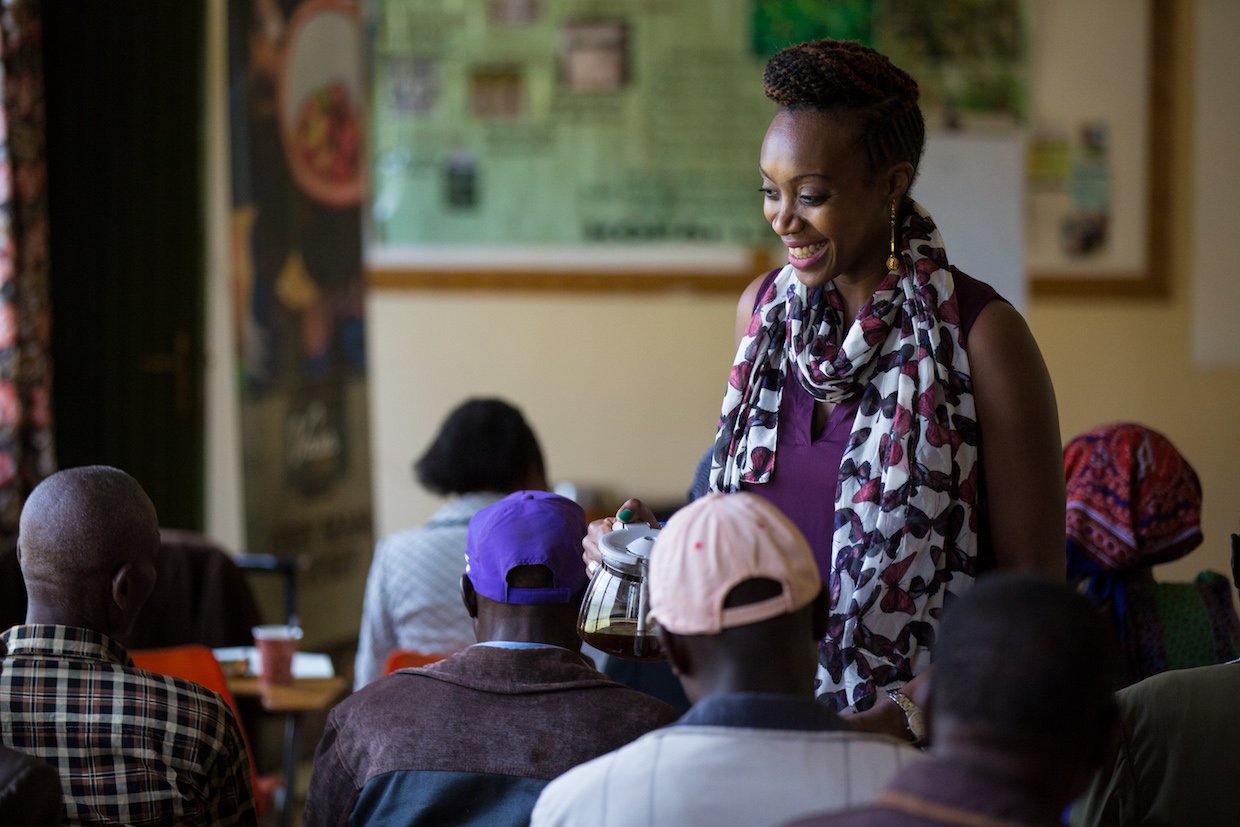
ECONOMIC EMPOWERMENT
ECONOMIC EMPOWERMENT
East Africa has been the continent’s fastest growing region, with its national economies expanding between 6–10% annually. Yet even with this impressive growth, the region faces high rates of poverty that are deepened by underlying gender inequalities.
There are many factors that combine to ensure that a community is either economically empowered, or, conversely, is trapped in a vicious circle of poverty. Many communities are severely structurally challenged as they seek economic independence. Poor general education, lack of knowledge of business practices, lack of local opportunities, lack of available banking and investment products, poor communications facilities, potential investment capital being spent on treating avoidable health issues are all issues that can present practically insurmountable obstacles to economic enfranchisement.
The Naserian Foundation’s programmes are designed to holistically address these challenges, providing both the necessary educational and health foundation on which economic independence can be built, as well as specific initiatives around employment and entrepreneurship.
Overall economic empowerment requires that initiatives be designed to improve, in particular, women’s economic empowerment, and these will be the shared focus of programmes under the Naserian Foundation’s Gender Equality initiative.
Solutions to gender-based employment segregation in the formal sector can come through skills building and efforts to reduce segregation in education. Initiatives include providing seed capital and technical training for businesses, encouraging group investment and savings and micro-insurance - to cover business activities as well as household and health insurances.

“It is no country’s destiny to be poor.”
Luisa Diogo, first female Prime Minister of Mozambique